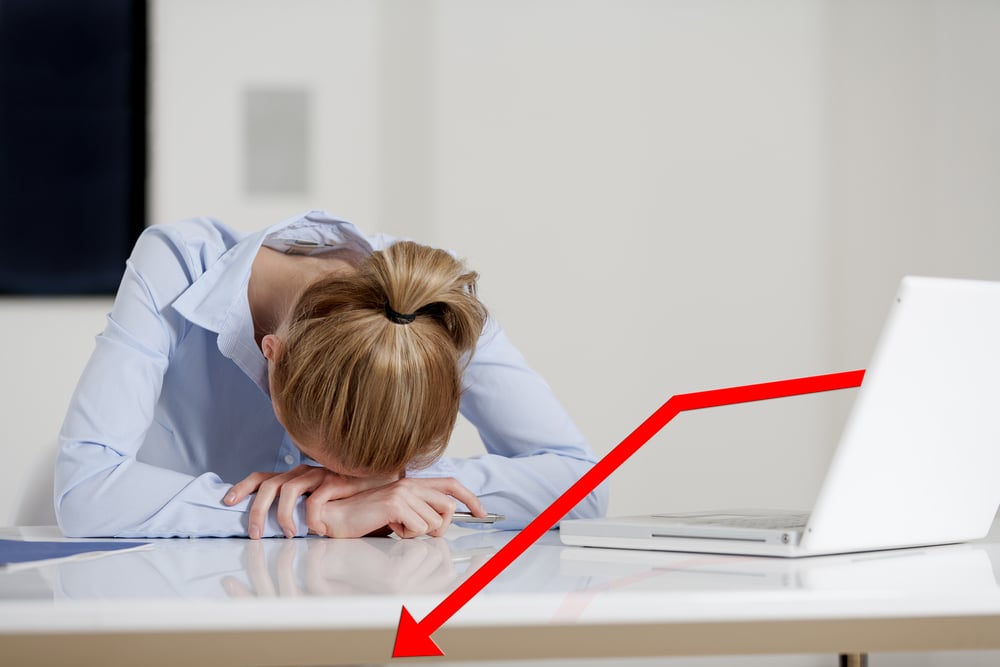
VAT is complicated. When you’re busy running your business, it’s easy to make errors and not apply the VAT rules correctly.
Sometimes these errors can be costly. If HM Revenue and Customs (HMRC) think you were careless, or worse, you deliberately made the VAT errors, they could charge you penalties ranging from 15% to 100% of the VAT due on top of the VAT payable.
We’ve pulled together the more common VAT errors we see regularly when checking accounts or dealing with VAT visits at clients.
1. Time of supply
Working out the “tax point” for a VAT supply is important, and HMRC will check that you are charging VAT at the right time.
We often see mistakes where supplies are made at the end of a VAT quarter and are not accounted for until the following quarter.
Other common errors occur when businesses receive deposits for goods or services and don’t account for VAT until the balance is paid. Another error is when a company uses cash accounting for sales and invoices accounting for purchases.
2. Non-standard business transactions
Errors can occur when businesses handle transactions outside their normal pattern of trading. This might be:
- Cash sales
- Incentive or bonus payments
- Property income or expenses
- Intra-company management charges
- Supplies of staff
- Sub-contract payments
- Recharges of expenses
- Asset disposal
- Barter transactions
- Charging the right rate of VAT on new goods or services
- Imports and exports
All these have different rules that need to be applied.
Since leaving the EU, selling to EU customers and purchasing from EU suppliers has become increasingly complicated. HMRC requires specific documentation to be retained to confirm correct VAT treatment.
You should question any new or unusual transactions to ensure the VAT treatment is correct and the right records are kept.
3. Credit notes and bad debt relief
The Shorts VAT team often sees errors on credit notes where the original sale invoice hasn’t been posted (maybe because cash accounting applies), but a credit note is raised and the VAT on sales is reduced.
As a rule, you should refer back to the original invoice to ensure the credit note is dealt with correctly in line with the original supply.
The most common error with bad debts is claiming too early. The claim must be filed after six months from the payment due date. Late payment of creditors can also cause problems where the input VAT has been claimed, but payment has not been made. HMRC will expect you to adjust your input VAT account and repay the input tax previously reclaimed from HMRC for any creditor not paid after six months from the due date.
4. Reverse charge services
In an increasingly digital world, many businesses buy in services such as advertising from overseas suppliers e.g., Google. An overseas business that is not registered for UK VAT cannot charge for it.
The purchaser is responsible for accounting for VAT to HMRC as if they are both the supplier and the purchaser.
Although this often results in a ‘nil’ net VAT position, care must be taken if the full VAT cannot be reclaimed. For example, the business may be partially exempt.
Some services provided in the UK are also subject to the reverse charge. This is known as the domestic reverse charge and was introduced to tackle VAT fraud.
5. Business entertaining
In general, input VAT on business entertaining cannot be recovered. This can include:
- Food and drink
- Accommodation
- Theatre and concert tickets
- Sporting events and facilities
- Entertainment available only to directors or partners of a business
VAT on staff entertainment, such as a Christmas party, can often be recovered, but care needs to be taken. If staff entertainment is provided to non-employees, e.g., partners invited to a Christmas party, the costs can be split and a proportion of the VAT can be recovered.
6. Partial exemption
Where a business makes both taxable and exempt supplies, the VAT position can be incredibly complex. Detailed advice should be taken to ensure you charge VAT on the correct supplies and recover the VAT you are entitled to.
Common problem areas when dealing with partial exemption include:
- Some medical and pharmacy services
- Property income
- Finance and insurance commissions
7. Property
The property sector is one of the most complex and highest-risk VAT areas. In particular:
- Buying and selling property;
- Construction services
- Property letting; and
- Owner-occupied property
All have very complicated sets of rules applying to each type of supply. Different VAT rates can also apply to seemingly similar transactions.
We recommend you seek advice on any property-related transaction to ensure you're compliant with HMRC's guidelines. It's important to note that the list above isn't exhaustive. If you need advice on avoiding VAT errors, please contact us.
Fix your VAT errors today
There are numerous rules and regulations with respect to VAT in the UK. It can be relatively easy for businesses to make honest VAT errors, which can lead to significant penalties or enquiries.
VAT remains one of the least understood of all taxes. Our specialist VAT team helps with all areas of VAT, from relatively basic issues such as initial registration, the completion and submission of VAT returns and advice on how to correct errors and mistakes, through to more complex issues, such as assessments, control visits, cross border transactions and DIY house builds. Whatever your VAT query, why not get in touch, and discuss any queries with a member of our team.
.jpg)
Brian Gooch
I work extensively in the corporate owner managed business sector, covering transactional taxes, property taxes including Stamp Duty Land Tax and VAT, and all areas of business tax planning. I have considerable experience in maximising tax efficiency by reviewing business structures and planning corporate reorganisations.
View my articlesTags: VAT, Business Taxes

